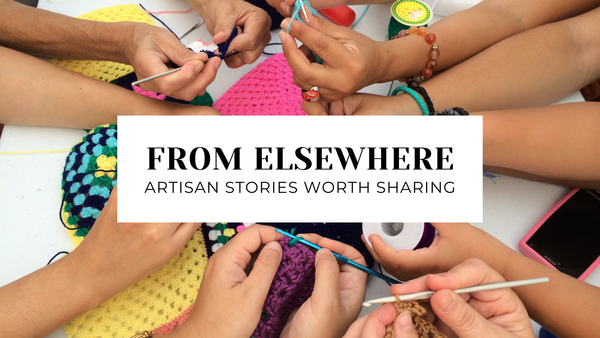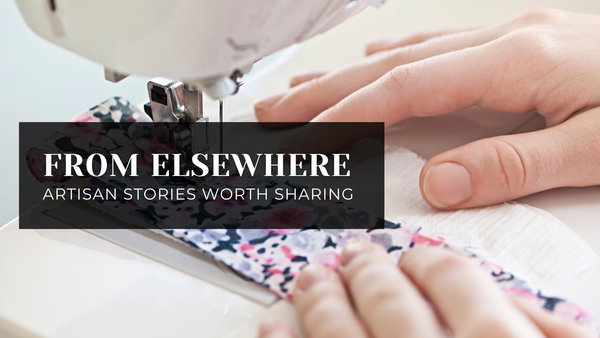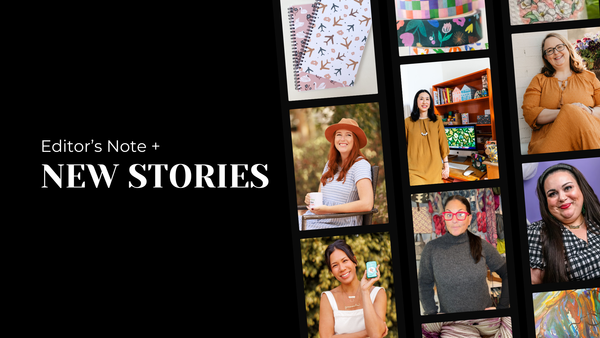Art as Business: A Conversation with Bianca Valencia Criscuolo
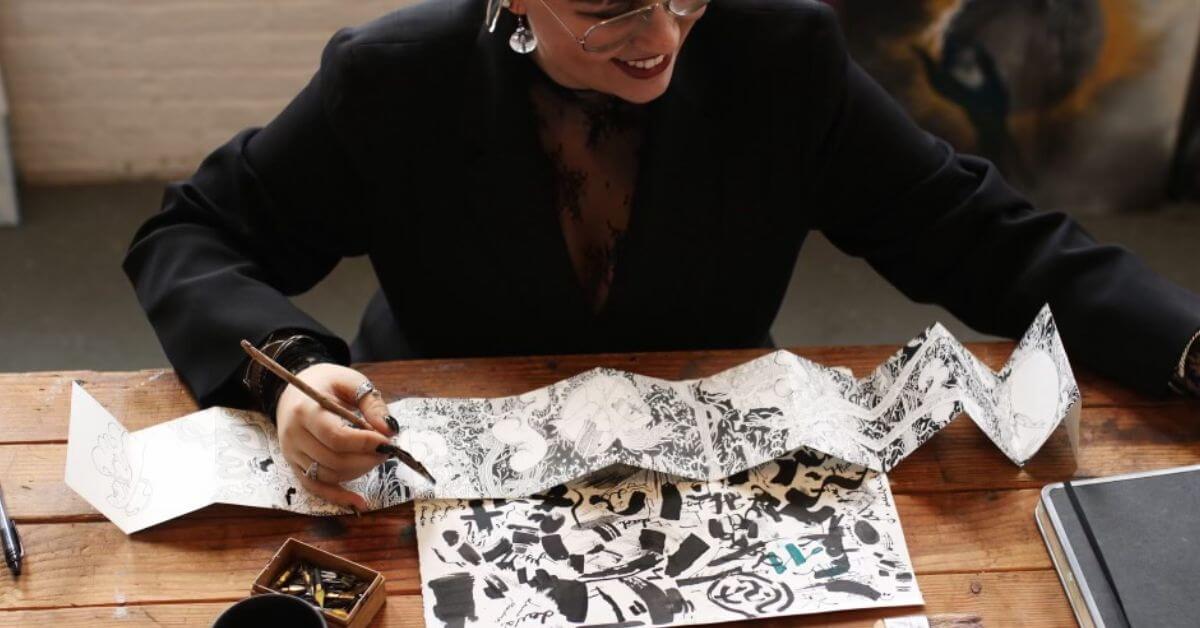
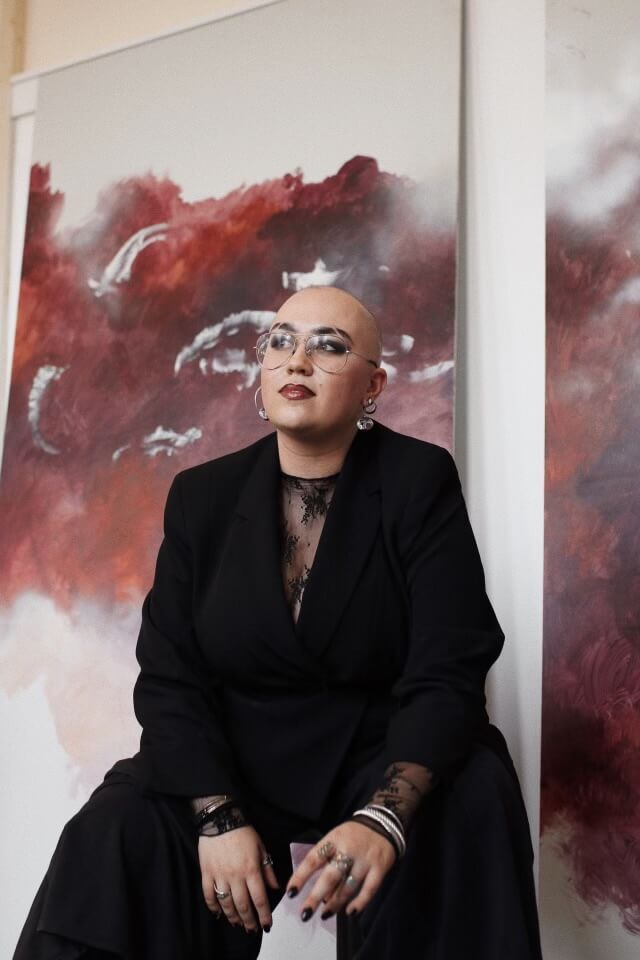
Bianca Valencia Criscuolo is a contemporary fine artist who works predominantly in oils, carving out a realm where creativity and conviction intertwine. When the artist isn’t taking her brush to canvas, she creates detailed pen-and-ink illustrations and also works in mixed media. For Bianca, pursuing art as a business was an innate calling, compelling her to explore avenues for making it work. Discover more in her interview.
How did you get started creating your art?
I can’t really think of a time I wasn’t making. To be honest, I believe it’s humanity’s default state of being; contemporary artists are just those who held on to it or could not live without it.
I also was not a particularly emotive child. I don’t think I felt fully communicative until I began to draw. I often say, “I am illiterate without a pencil,” and can’t quite dialogue thoughts without allegorical visual analogies. It is also only through the visual that my love of language developed.
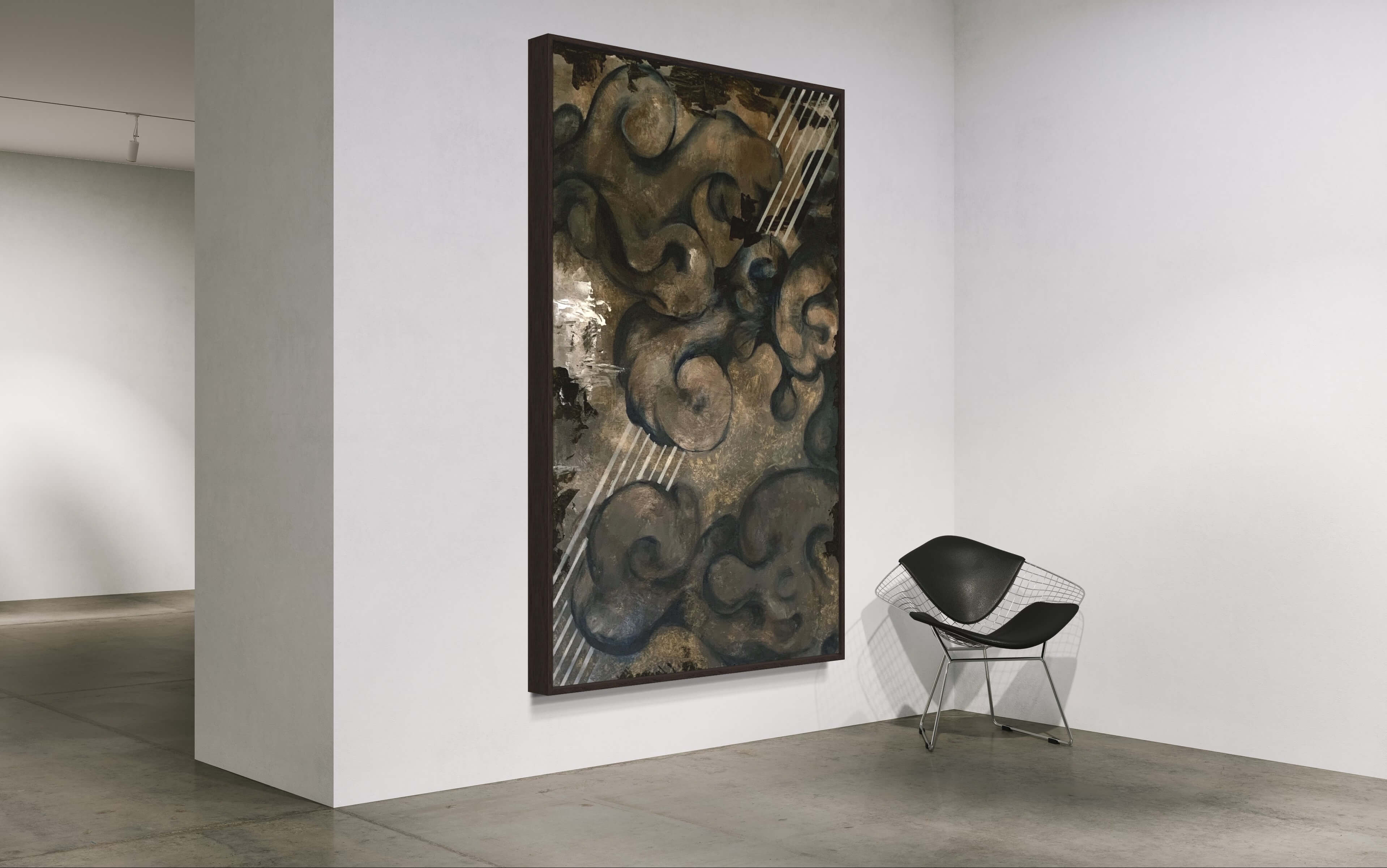
When did you realize that you could turn your artwork into a business?
I don’t think I ever had an aha moment in regards to whether or not I could. It was more of an oh-I-must-find-a-way moment. I worked many different jobs, feeling my soul crumble away more and more with each one. The endless futile future seemed an overwhelming expanse before me, and I could not reconcile what my heart knew was its purpose with what I was doing. I only felt right when I was doing this.
How do you define success for your business?
The continuation of my ability to paint until I die. And if one person is moved even slightly by my work, that is my success.
I am not so naive as to think there will not be highs and lows, but I attempt to consider them welcome periods of growth. Besides, I am sure that how I define success will also evolve as the years go by.
Where do you find inspiration for your work?
This is hard for me to answer, to be honest. I think where I find inspiration is nature, music, art, love, philosophy, theology and people. All these things inspire me, but I think the common thread is the age-old relationship between beauty, truth and the tension therein. The exploration of sublime and unattainable. Understanding the core bits of our encompassing reality as far apart from subjectivity as we can get, while understanding I can never part myself from preconceived notions of beauty.
I think about the long-quoted John Keats’ Ode to a Grecian Urn:
“Beauty is truth, truth beauty,—that is all
Ye know on earth, and all ye need to know.”
But most earnestly, I find inspiration basking in the struggle and beauty of living; using art to dance through the complexity of truth; and the joy in the pursuit of adventure, of exploration and thought itself.
Vague and perhaps kitschy as that may seem, I think it is the only way to capture the ever-shifting nature of my inspiration.
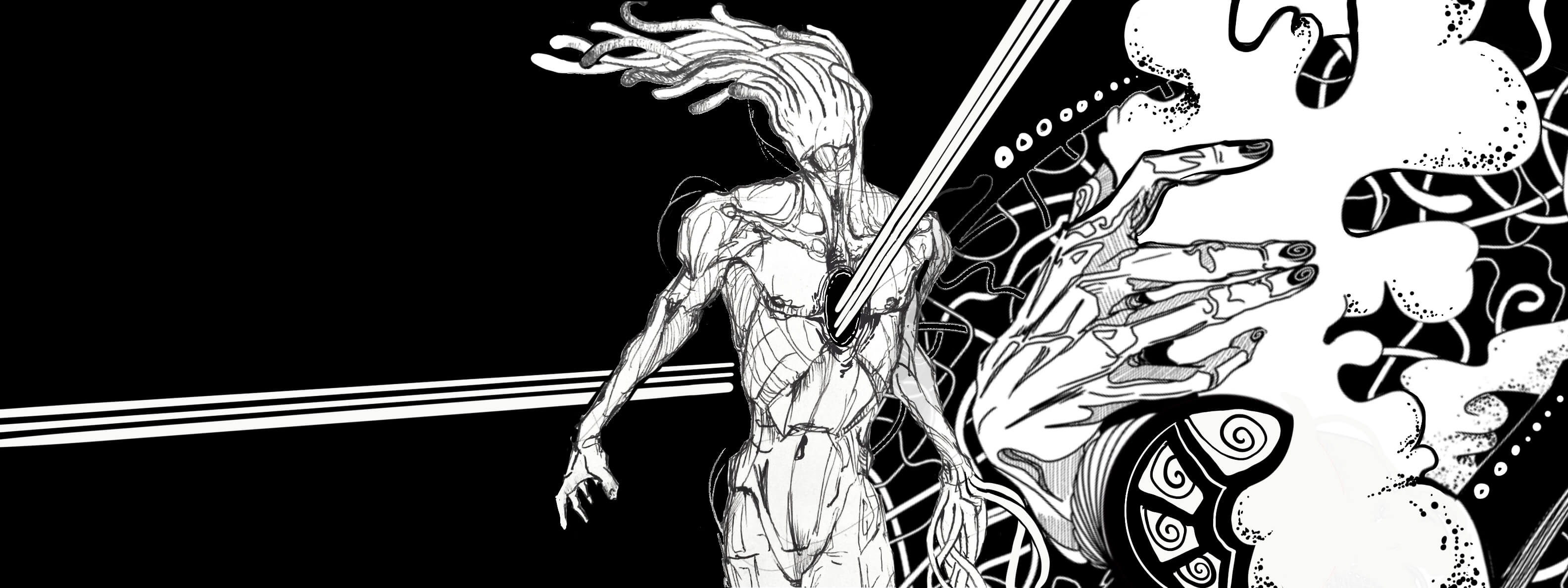
What’s one piece of advice you wish someone had given you when you first started your business?
I wish someone had taken the time to show me all the resources that exist for the arts. How many grants exist for us, where to look for residencies, how to network, ways to organize and what galleries hate about artists. And I mean the real stuff, not the basic common sense things you learn on the internet in an article titled “10 things not to do.”
What advice would you give to someone who wants to start selling their art or creative product?
Reach out to people you admire and ask them for advice. Most people are willing to help, and some will even offer more than you would have expected. The absolute worst case is they do not respond, which is where you started anyway.
Also, I cannot recommend highly enough that you need to network. You will garner more sales and opportunities through relationships than you will through marketing. Go to industry events and develop genuine friendships. Please remember your closest friends are your council in this life more than anyone else; pick for true quality and not perceived opportunity—I promise you it is worth it.
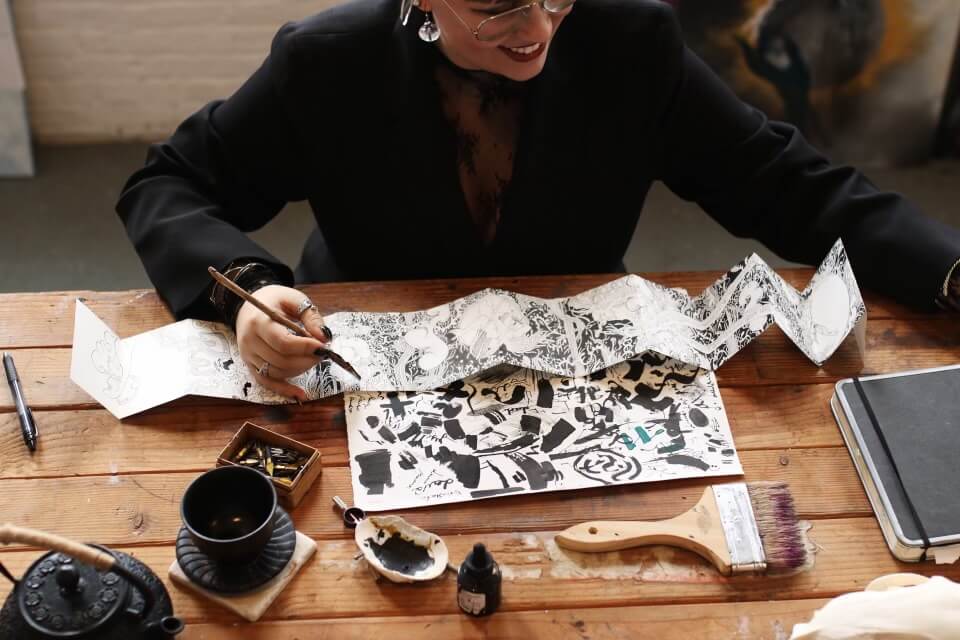
What’s something our audience would be surprised to learn about you?
I don’t do drugs! It’s a question I get a lot when people see my dream illustrations. I am actually straight-edge and have never drank, smoked or done recreational drugs. I have/had taken caffeine and ibuprofen for all the purists out there.
I think it’s important to know your weakness. I knew from a young age I had a particularly obsessive personality when it came to things that allowed me to escape mentally, such as television, music, books. It’s funny to me that somehow my art style stimulates that kind of question though.
As creatives, we can be continuously creating and refining our art. How do you handle perfectionism?
To be fully transparent, I think my way of handling perfectionism is still woefully inadequate. I have a particularly poor relationship with failure and have only been able to begin to unravel the lies I have reinforced over the years as it pertains to the idea of failure.
It’s unfortunate because failures and mistakes are an artist’s greatest tool. If you orient your perception of work and creative making as play, there is no such thing as a mistake; there is only discovery and learning.
I attempt to implement this as much as possible into my practice, but it can be difficult. I think that the best place to start is by first giving yourself recurring dedicated space and time to do something intentionally “bad.” You must begin to relearn how to play. Even Picasso said, “It took me four years to paint like Raphael, but a lifetime to paint like a child.”
What’s something that surprised you about running a creative business?
The amount of different avenues that exist to make a living. I went to school assuming I would have to do art direction or graphic design to survive or do well financially until my art took off, but there are so many things you can do that will actually allow you to expand and thrive.
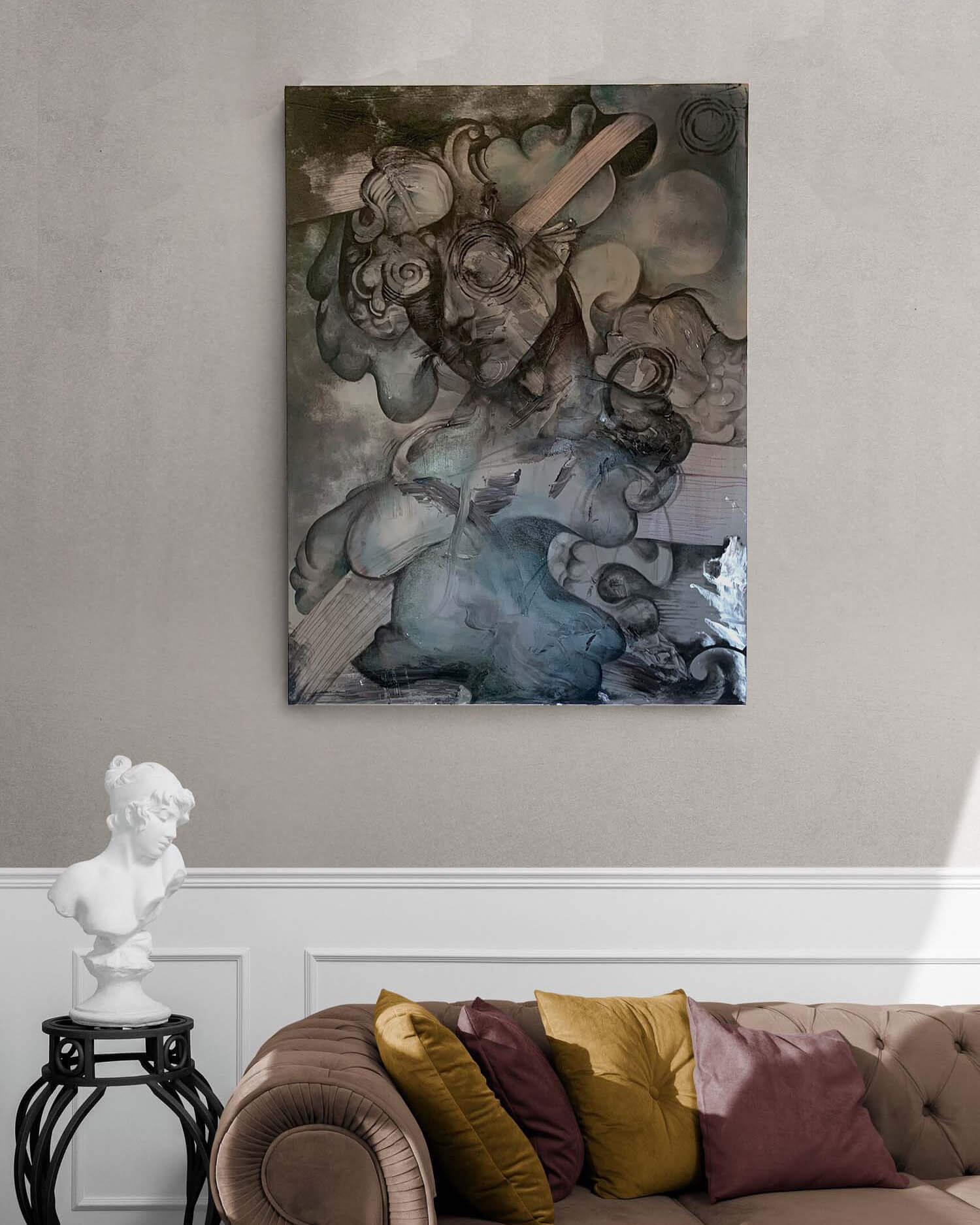
What’s your advice for handling the highs and lows of running a business?
This too shall pass. I know it is kind of a banal quote today. However, the truth still stands. It is meant to be used in all of life’s circumstances. When you are in a low period, it shall pass into a time that is high, but remember that even that shall eventually pass to become low again.
Some say it is a curse to live an interesting life, but I think the fundamental spirit of humanity seeks some kind of adventure. If you can view your life like that, in even some small way, then the highs and lows become like the beauty of the ocean. When you look upon a great wave or a thrashing sea, there is something beautiful and terrifying, but it is within that profound tension that the joy of living is found.
Has someone ever criticized your work? How did you handle it?
Absolutely. I used to hate it because I thought it was a criticism of me as a person. It’s hard for artists to receive criticism at times because our work is the manifestation of our life force in some ways. It’s the physical representation of hours upon hours of our lives sacrificed, often in the most vulnerable of contexts. However, now I don’t think I can exist without criticism. If I think about it, when my work evolves, it is often because something I am doing is no longer working or something I have seen has inspired a change. That is in itself criticism. It’s saying that “some other way could be better,” and more often than not, it is. Therefore, I divide criticism from others into two categories.
- Is this criticism an avenue I can explore?
An example would be: “I think the work lacks interesting composition.” Ok, well, I can play around with that and see if I like it more. I trust my gut reaction to visual beauty, but I am also always willing to experiment and explore because if I don’t like it, in the end, I can go back to what I was doing. The other category would be:
- Is this criticism an opinion or slander only?
An example would be: “I think you have good conceptual thoughts, but your skill will never be able to do them justice.”
This is pure opinion and gives no room or encouragement to grow. These are the ones I try to discard without a second thought.
Also, both of these examples are things people have said to me over the years
What’s a cause you are passionate about?
Oh wow, I have three that are very close to my heart:
- Call to Gather: calltogather.com
- Embers International: www.embersinternational.org
- International Artist Movement: iamculturecare.com
Can you share the name of a supplier or vendor that you use for your business that you just love—one that makes running your business a bit easier?
I like working with The Stackhouse for my fine art prints. They do a fantastic job.
What brings you joy?
The aesthetic of living and the appreciation of truth, beauty and hope.
Thanks, Bianca! You can learn more about her work at www.ivorywolf.space.
Editor’s Note: This interview has been edited for length and clarity.

